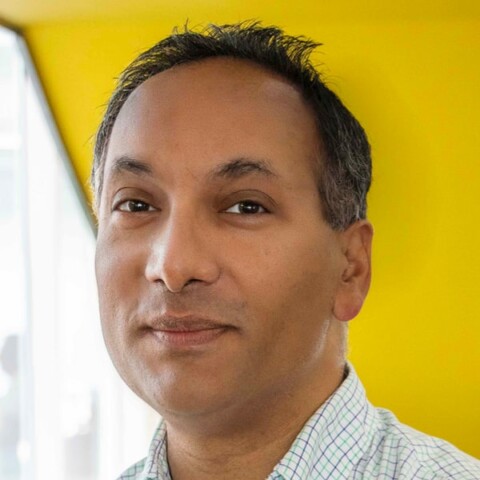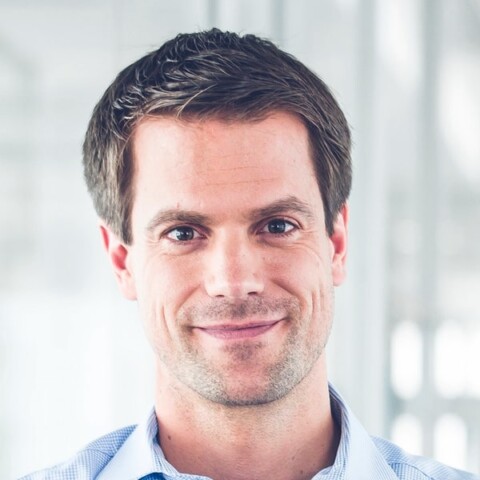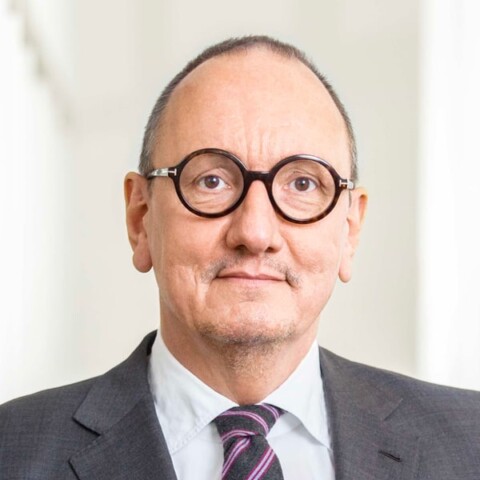“Many of the treatments that we see today are overly simplistic”, observes Stefan Vilsmeier, founder of Brainlab, at the outset of this panel discussion, which also includes Rajesh Jena of the University of Cambridge, Florian Weiß, CEO of health portal Jameda, and moderator Matthias Schönermark. Together they explore new possibilities to personalize medical treatment with the help of technology.
Digitizing surgery, for example, could significantly increase health care. “Many of the treatments that we see today, like cancer treatment, are overly simplistic”, Stefan Vilsmeier argues. “The experience is based on clinical studies that have been conducted over time, and their one-size-fits all approach leaves little room for customization for the individual patient. Only with sufficient data to really make a big change.”
Addressing the efforts of the British NHS to incorporate digital innovations, Jena explains that several projects have succeeded, such as an NHS application that deploys digital apps across the NHS – but there are also critical issues at hand.
“There’s still a lot of distrust”, Jena points out. “To promote trust in the use of healthcare data and sharing it between the NHS, research and industry, people actually want you to say how you’re going to use the data with much more granular data.”
All in all, the panellists agree that the public needs to be further educated on how health data can be used for good and that a shift in mindset is necessary in order to move medicine forward.






